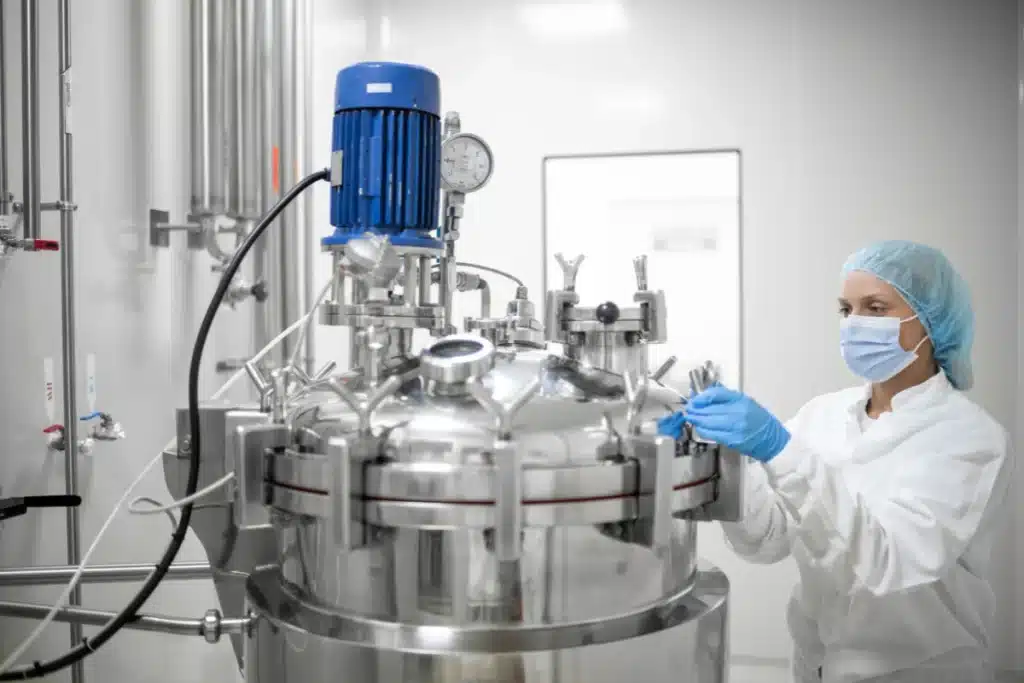ERP and CRM are two products that benefit organizations significantly. As much as enterprise resource planning and customer relationship management work well on their own, you can only achieve their full potential through integration.
The current environment business owners are experiencing is complex, with many considerations. They feel pressured to respond fast to ensure their business remains healthy and have to keep up with customer demands. ERP and CRM integration create a practical approach to automate and improve operations management in your business. Read on to learn why you need to integrate these two systems and how the integration will benefit your business.
A Tale of Two Systems
To better grasp the ERP and CRM integration concept, we will focus on the operations of Company X with siloed data. The data handling system of this company requires every department to store information in a department-specific database. Since the company has different departments, sharing data across departments is complex and separates the entire company.
Company X can do away with siloed data by adopting ERP and CRM integration. Salesforce CRM helps pull together sales, customer service, and marketing, while GoldFinch ERP focuses on combining their accounting, manufacturing, and shipping. Data-sharing between departments will become effortless; Cloud-based ERP provides real-time data accessible remotely.
Why You Should Consider ERP and CRM Integration for Your Business
To Eliminate Data Duplication
Data management is crucial to every business, and your CRM and ERP play significant roles in storing and handling customer information. ERP focuses on inventory and order management, while the focal point of your CRM is sales and customer support. There is a high possibility of overlap and redundant information if your company runs in a siloed data environment.
It would be best to consider integrating your ERP and CRM to eliminate data duplication and reduce redundancy. The integration helps prevent inaccuracies and increase data confidence within the firm. With up-to-date and relevant data at your fingertips, you can gain more valuable insights and make informed business decisions.
To Reduce Human Error
Manually transferring data between your ERP and CRM is a tedious and time-consuming activity that most employees dread. In addition, the data is more exposed to human error during manual entry. If not careful, human errors when handling specific department data like accounting can prove disastrous.
Integrating your ERP and CRM means automatic data synchronization between the two platforms. Any update on your ERP seamlessly reflects your CRM and vice versa. Your workforce also gets freed from the manual data transfers, allowing them to focus on other core activities in the company.
To Get End-to-End Customer Visibility
Every business’s success heavily relies on its relationship with its customers. Your CRM provides a practical approach to handling your customers and increasing their satisfaction. However, you are better positioned for profits if you have a 360-degree view of all customer interactions.
It would be best to consider integrating your ERP and CRM to get end-to-end visibility of your customers. The integration provides a more holistic customer view by delivering information from all your business units. Your business can make better decisions and create more personalized experiences with enhanced visibility into the customers’ order history and buying preferences.
To Improve Order Management
Both ERP and CRM play significant roles in quote generation and order management. Your CRM creates quotes while ERP keeps track of the orders and inventory. Integrating the two tools will help optimize the overall process by bridging the gap between ERP orders and CRM quotes.
ERP and CRM integration allows you to access the products in your inventory, guaranteeing the latest prices and applicable discounts to your sales representatives. Access to this information goes a long way in helping them create accurate quotes for customers. The integration also allows tracking and updating orders, providing unparalleled visibility of the order status.
To Enhance Employee Collaboration
A practical approach to creating a collaborative environment and improving the synergy between your departments is through CRM and ERP integration. Integrating these platforms in real-time allows seamless communication between your employees, including those in charge. If all employees stand on common ground, your organization becomes better positioned to make smarter decisions while guaranteeing a superior customer experience.
To Promote User Adoption
Low user adoption rates are the primary blame for most CRM and ERP implementation failures. Some organizations find it extremely challenging to familiarize their employees with either platform.
The exercise becomes even more challenging if you have two separate systems. CRM and ERP integration makes it easy for your team to adopt the system since they get to focus on a singular platform. They will only require training for the combined system instead of having ERP and CRM separate.
How Integration of Salesforce CRM with GoldFinch ERP Improves Business Transparency and Efficiency
The Salesforce CRM and GoldFinch ERP integration seamlessly with most commerce platforms, including Commerce Cloud and Shopify.
Instead of finding a third-party integration software solution, why not leverage the latest Salesforce technology with GoldFinch? Here are some of the expected features of implementing GoldFinch ERP in your business operations;
- It allows your business to leverage updated Salesforce automation technology
- It schedules workflows to download and process sales orders automatically
- It creates an out-of-the-box integration with your e-commerce store
- It helps streamline warehouse order fulfillment
- It facilitates order tracking by automatically updating the tracking information in your store
Conclusion
Instead of handling two [or more] individual systems, your company will benefit more from integrating your ERP and CRM platforms. You must find the perfect duo to incorporate, as some methods vary in infrastructure and may fail in exchanging data. Salesforce CRM and GoldFinch ERP create a practical approach to connecting the entire organization and improving efficiency.
The information shared here is enough to help you understand a siloed data environment versus an integrated one. To learn more with your specific business needs in mind, contact us today!



